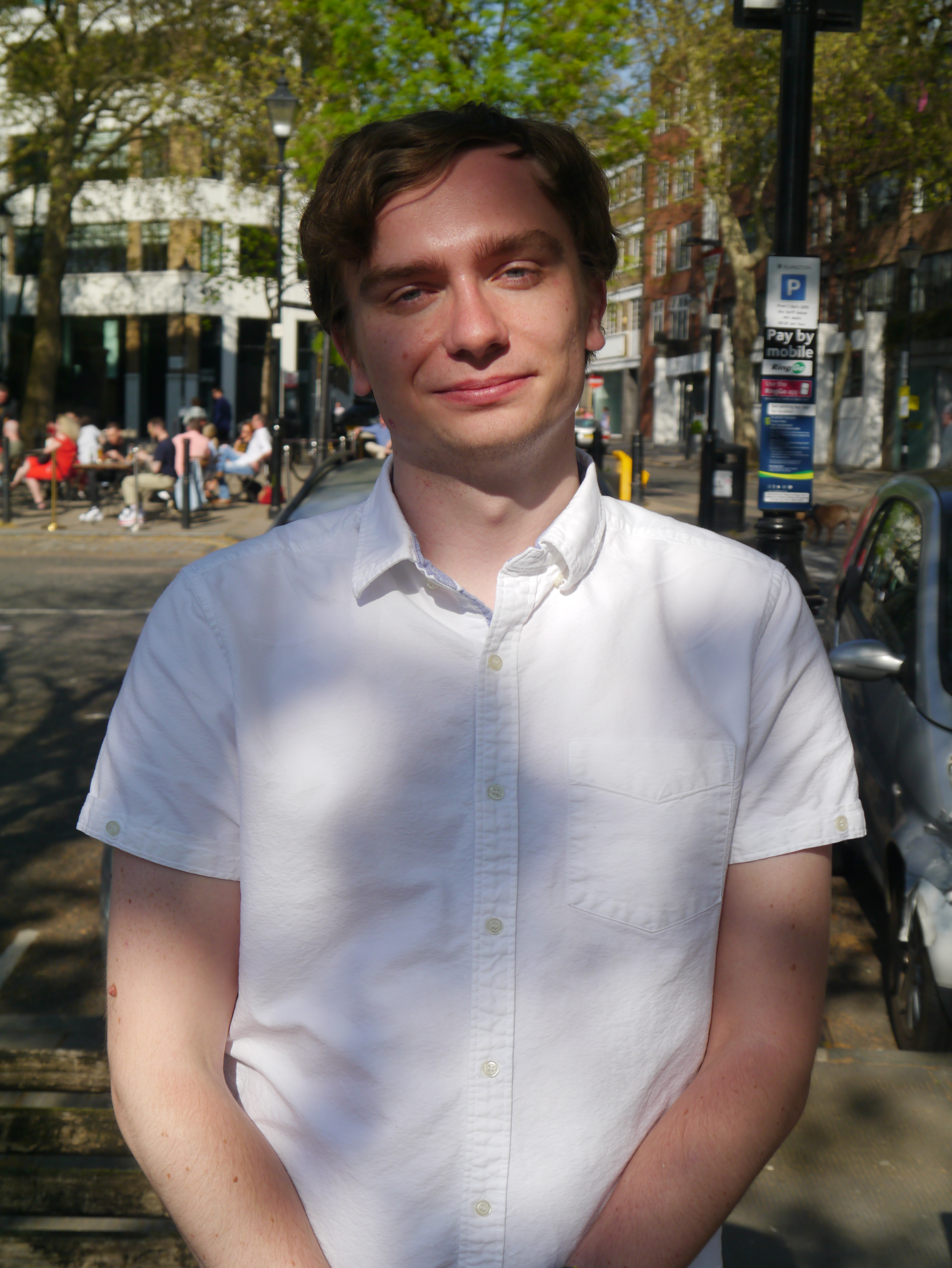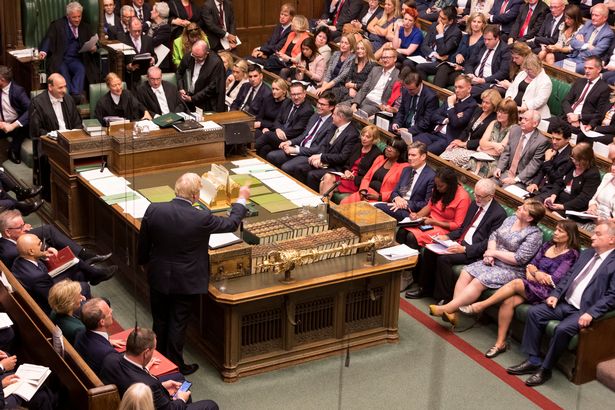
Robin Talbot discusses the limitations of bourgeois democracy under capitalism, the dictatorship of the proletariat and the promise of real human rights through socialism.
One of the aims of the YCL and the Communist Party in Britain is to achieve real democracy in Britain – the dictatorship of the proletariat, in other words, the dictatorship of the working class, as well as other sections of the population who share their fundamental interests with the working class in Britain.
In the British context, these could be agricultural workers, self-employed workers and small businesspeople who, whether here or there they own property or employ people and therefore can be considered small capitalists, nevertheless support the right to democracy and political power of the vast majority of the population: the working class, not the monopoly capitalist class.
This is what we mean by Socialist Democracy in Britain.
Socialist Democracy also means other democratic reforms in Britain that most progressive and working people can get behind.
It means the abolition of the unelected House of Lords where aristocrats and landlords influence legislation proposed by the elected House of Commons. It means abolition of the Crown monarchy that still has the power to reject the programme of an elected Government, and massive influence in the powers that be, such as the armed forces.
It means reform of the undemocratic and unrepresentative first-past-the-post voting system. It means reform of the ancient City of London Government of bankers that wields considerable power over the British state. It means getting out of the anti-democratic European Union, which not only serves the interests of the most powerful and “cosmopolitan” capitalists in Britain and Europe, but also includes some of the most authoritarian and anti-democratic governments in Europe.
It means votes for 16-year-olds who can otherwise get married and join the armed forces and therefore deserve a say in how we run our society. It means Progressive Federalism, our policy that outlines our vision of people-powered devolution for England, Scotland and Wales, as well as regional powers and powers for Cornwall, the fourth historic British nation.
These policies amongst others are outlined in Britain’s Road to Socialism, the programme of the Communist Party, as well as in the political resolutions of the YCL’s 49th Congress, our last congress of members that took place in November 2018.
In general, Socialist Democracy means that political power in this country will belong to working people throughout Britain and not to the ruling capitalist class and big business, narrow and special interests, lobbyists and the media.
While we create this new People’s Socialist Democracy, it will probably be necessary to reform the existing institutions and create new ones, for example, encourage the re-establishment of regional and local newspapers so that the monopoly ownership of the print media is defeated and ordinary people’s views are represented, and increase the accountability of the legal and criminal justice system to the public.
Democracy in the Socialist Countries so far
In Britain, it is common for people to believe that the Communists are against democracy and support a repressive political system.
Actually, we support a genuinely democratic political system, as mentioned above.
There was a relentless propaganda campaign carried out in the capitalist countries to slander and undermine the groundbreaking achievements of Socialism, the new system, and the Communists, who were active everywhere fighting for real democracy and the rights of working people against exploitation and oppression.
Where there has been fascism or capitalist dictatorship and repression, these are called particular to this or that country, where millions starve to death or suffer unemployment or hideous poverty and degradation, these are called incidental circumstances and statistics.
On the other hand, any problem that arises under the socialist system “is because Socialism doesn’t work”.
Actually, we know that this is rubbish, and the abovementioned crises, the monster of fascism, the starvation, unemployment, poverty, and degradation prevalent in our world are all the symptoms of capitalism that in the Socialist Countries were abolished.
However, in the past, due to the particular difficulties that Socialist Countries faced, there were mistakes in creating a new kind of Socialist Democracy, people were killed and imprisoned and political power was abused, as has usually happened in the creation of a new country or society, non-specific to the ideology.
Firstly, the context needs to be understood, and this explains the motivation behind anti-democratic and other trends in the Socialist Countries.
For example, the Soviet Union was constructed in a climate of civil war between the Reds on the side of the people and the Whites who represented the old dictatorship of Tsardom, financed by foreign powers, invasion by Britain, France, Germany and many other countries, assassination of Communists and other politicians, and more. As a result, a situation was made in which the political power of the Communist Party had to be absolute and real and imagined fears of being undermined were in built.
While the needs of people were met and, for the first time, working people had education, healthcare, housing and guaranteed livelihoods, the base for genuine People’s Socialist Democracy was undermined.
Secondly, and perhaps more importantly, Socialist Democracy and Socialism are a young system. It took 600 years for the capitalist system and capitalism as the norm to reach this point. For several hundred years, there were many assassinations, murders and wars as kings and aristocrats fought for political power against merchants and the new bourgeoisie, and against each other in various alliances.
In fact, this competition is still going on today, with the last most significant conflict being WWII, which led to systematic extermination of millions of people and fascism all over Europe – stopped in its tracks by the Soviet people who fought 1/5 of the war and subsequently rescued the people of Europe.
We stand at the point of history where our system, which we know to be the new system that will replace capitalism and introduce a more humane and peaceful society – that perhaps will save our existing capitalist society from total annihilation, environmental, nuclear or otherwise – has only been attempted in practice for 100 years and already has massive successes as well as problems to figure out in time.
In addition, this is the point where the capitalist class sees the death of their own system looming on the horizon and therefore lash out at any threat, including the real threat of Socialism.
In Britain, the Communists have to think about how many people view our ideas and history, especially given the fact that Cold War propaganda has been stronger in Britain than in most countries apart from the USA. Most people are not aware that today many countries have important Communist Parties, Communist Parties in government, Communist Parties determining and improving the lives of their people. Most people would be amazed to learn that after WWII there was a strong possibility that both France and Italy would become Socialist Countries and, if that had happened, how long would it have taken for the rest of Europe including Britain to sweep Socialism into government?
Democracy is also used as a weapon by the ruling capitalist class, the anti-working class propaganda of the media, an excuse for protecting its own interests, invading other countries, and so on. This democracy for the rich must be revealed, undermined, and subverted, so that the case for genuine People’s Socialist Democracy is made clear.
Real Human Rights
The morality, the aims and principles of the Communists should not be separate from the working class and its interests as a whole. This means that we do not just share the same aims and principles of our class. It also means we see the long-term interests of our class, when maybe our class as a whole does not.
We also use our Marxist-Leninist analysis to understand the political struggle against capitalist exploitation and for political power for our class in its historical context, some ideas for which have been described above.
“Human rights” has become another loaded phrase, another weapon in the arsenal of the ruling capitalist class and its institutions to cover up the most anti-democratic and anti-people practices.
In Britain, the Communists stand for Real Human Rights, which are not only political, legal and economic as mentioned above, but also social.
The YCL and the Communist Party have a proud longstanding history of fighting for Real Human Rights, social rights for young people, women, people of colour, different nationalities, national liberation for oppressed people and the colonies of the British Empire, and LGBT+ people. We supported many of these causes “before it was cool”.
Communists are explicitly against discrimination and division of working people along sectarian lines, whether those be national, religious or related to sex, gender or disability. All human beings are one race, the human race, and equal.
Many of our differences are cosmetic or incidental. Throughout history, especially under the capitalist system, many of these have been construed into “real” and “natural” differences, often relating to superiority and inferiority. Many have become ideologies under the capitalist system, embedded in our consciousness and perception of reality, since these are endlessly reproduced in media, institutions and the rest of our social environment – for example, the “softness of women” and the “hardness of men”. These are incorrect, unscientific and un-Marxist views that make living more difficult, narrow and misunderstood for all of us.
Robin Talbot



